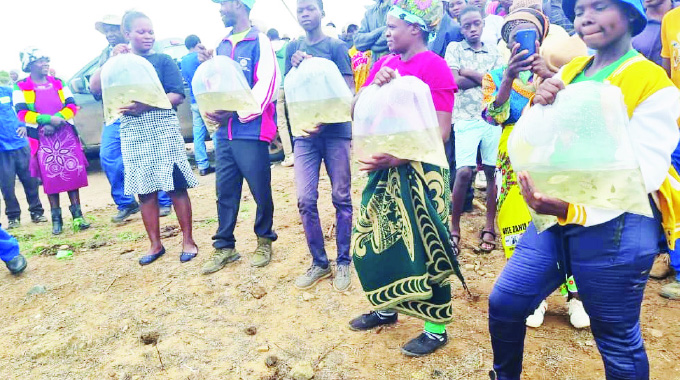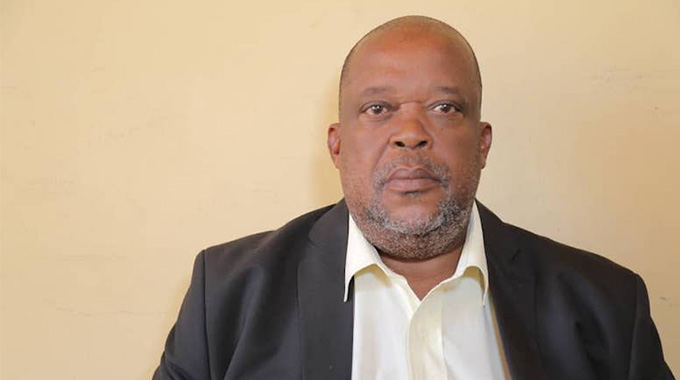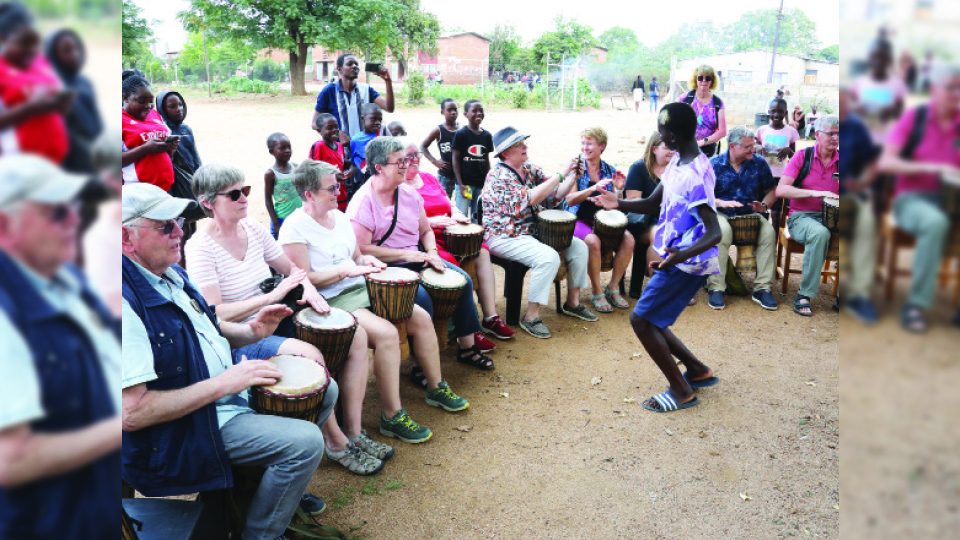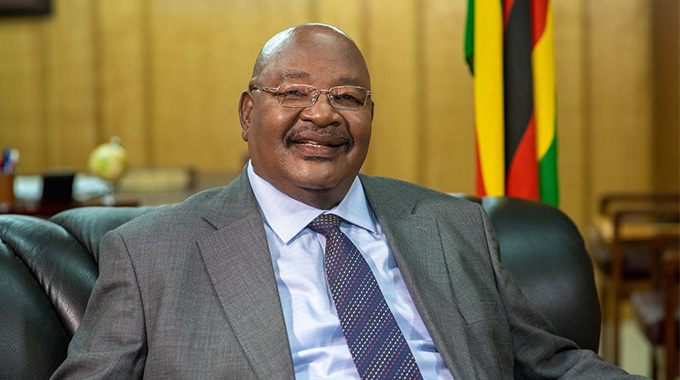Presidential Community Fisheries Programme launched in Mberengwa

Patrick Chitumba, [email protected]
DEEP in Mataga, Mberengwa District in the heart of Midlands Province, a transformative initiative under the Presidential Community Fisheries Programme has taken root, breathing new life into the local economy.
This endeavour, a community fishery project, stands as testament to the Second Republic’s commitment to driving positive change and inclusive development under the Rural Industrialisation 8.0. Through rural industrialisation, the Government hopes to stem rural-to-urban migration.
Rural industrialisation, which hinges on the Second Republic’s devolution policy, involves nurturing agro-processing start-up enterprises in rural areas through financial and technological support via venture capital funding and Government agencies.
The fish farming project, which was launched at Mundi-Mataga Dam in Mberengwa District, is benefitting 16 000 people after they received 10 000 fingerlings under the Presidential Community Fisheries Programme. The initiative will help boost food and nutrition security as well as employment creation. The Presidential Community Fisheries Programme also aims to capitalise on the country’s abundant water resources and favourable climatic conditions for aquaculture. The initiative is inclusive of training communities on sustainable fish harvesting, as well as the setting up of dam committees to cultivate a sense of ownership among community members.
The fish project is running concurrently with irrigation development and horticulture.
For Ms Martha Siziba, one of the beneficiaries, the project is a lifeline—a chance to provide for her family and secure their future.
“We want to thank President Mnangagwa for remembering our community of Mberengwa. This project shows that the President walks the talk.
The project will unlock new opportunities in the district. Before this fishery, life was hard,” she reflects, her eyes bright with gratitude.
“But now, I have a steady income. I can send my children to school and put food on the table. I want to commend the Second Republic for introducing the life-changing project.”
Mrs Siziba said the project represents more than just economic opportunity as it is a symbol of empowerment.
She said they are now looking forward to more co-operatives.
Mberengwa East Constituency Legislator, Cde Tasara Hungwe said the Mundi-Mataga project is expected to unlock new economic opportunities and improve food and nutrition security in the district.
“As you know, we are in the process of establishing one of the biggest irrigation schemes in the province, the Chemakudo Irrigation Scheme, and I’m confident that these two projects will play a vital role in improving the standards of living for communities in Mberengwa,” he said.
Cde Hungwe said the initiative will boost women and youths’ involvement in agriculture and contribute to the country’s economic development in line with the Government’s policy to mainstream their participation in national programmes.
The director of fisheries and aquaculture resources production in the Ministry of Lands, Agriculture, Fisheries, Water and Rural Development, Mr Milton Makumbe said the Government’s initiative is also meant to capitalise on the country’s abundant water resources and favourable climatic conditions for aquaculture.
“Our thrust as Government is to leave no place and none behind as we march towards Vision 2030. We are on a drive to stock all dams to arrest the decline in fish populations, improve food security and unlock new economic opportunities in marginalised communities,” he said.
Lands, Agriculture, Fisheries, Water and Rural Development Minister, Dr Anxious Masuka said the Government is restocking community dams.
“Resources mobilisation has been put in place to ensure the breeding stock and feed are readily available. Our thrust is to increase employers rather than employees and through such initiatives, the country will soon be in a position to unlock the potential of our agriculture sector,” he said.
Dr Masuka urged rural communities to take advantage of the enabling environment created by the Government and grow the aquaculture and fisheries businesses. A similar project was launched in Beitbridge District where the Government supplied 12 000 fingerlings at Zhovhe Dam and 4 000 at Ndambe Irrigation Project fish pond.
Experts say mature female tilapia fish can lay eggs every three to four months (from the 12th week in the case of the Nile tilapia). They lay their eggs in nests made by the males, then carry the fertilised eggs in their mouths until they hatch, before keeping the fingerlings close until they are big and strong enough (10 millimetres).
The tilapia breed is a fast-growing fish and it can live for up to 10 years and reach 4.5kg in weight.
The fish industry in Zimbabwe has great potential to increase the production of fish to 60 000 tonnes annually from the current levels of around 20 000 tonnes per year. The country is endowed with 10 000 dams and a conducive climate for fish production.
According to a recent survey conducted by the Zimbabwe National Statistics Agency (ZimStat), the rural population in Zimbabwe accounts for 68 percent of annual fish consumption in both volume and value, while the urban community accounts for 32 percent of the annual expenditure on fish consumption.
Although Zimbabwe has no tradition in aquaculture, it is envisaged that under the fisheries and aquaculture sector, it will see an increased contribution to fisheries and national gross domestic product (GDP) and generate foreign currency through exports.
The Government is partnering with development agencies in the rehabilitation of irrigation schemes with fish production being introduced into these schemes.
The Smallholder Irrigation Rehabilitation Programme (SIRP) through the International Fund for Agricultural Development (IFAD) funding has been able to rehabilitate ponds, supply fingerlings and feed as well as facilitate the training of farmers.










Comments